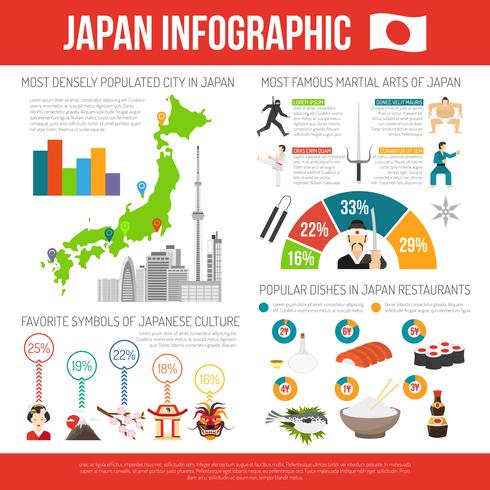Checking Out The Rich Heritage And Spiritual Dimension Of Martial Arts: A Thorough Assessment
Checking Out The Rich Heritage And Spiritual Dimension Of Martial Arts: A Thorough Assessment
Blog Article
Material Create By-Barber Montoya
Enter the old world where martial arts were substantiated of necessity in varied regions. types of martial arts combating designs intertwined with historical contexts. Strategies advanced over centuries with devoted practice and cultural exchanges. Today, modern-day martial arts mix standard components for optimal performance. Philosophically, martial arts stress self-control, self-improvement, and harmony. Respect, humility, and balance are foundational principles guiding practitioners towards growth and resilience. Explore the midsts of this rich background and viewpoint to uncover the extensive influences forming this enduring self-control.
Beginnings of Martial Arts
Martial arts came from different regions worldwide, progressing as functional combat systems to resist hazards. These ancient combating designs were developed out of need, with each culture crafting methods fit to their special environments and difficulties. From the grappling arts of Jujutsu in Japan to the striking methods of Kung Fu in China, martial arts were deeply intertwined with the historical, social, and social material of their respective societies.
In Japan, the samurai course polished martial arts like Kenjutsu, the art of the sword, which later advanced into the extra promoted kind of Kendo. Meanwhile, in Brazil, Capoeira emerged as a mix of dancing and combat, developed by enslaved Africans as a means to withstand fascism. Each martial art brings with it a rich history and ideology, mirroring the worths and ideas of the people that exercised them.
As you delve into the beginnings of martial arts, you uncover a tapestry of human ingenuity, durability, and the stubborn spirit of warriors throughout time.
Development of Techniques
Through centuries of practice and improvement, combat techniques within various martial arts have gone through an extensive development. From just click the up coming page like Kung Fu and Martial arts to a lot more modern-day self-controls such as Brazilian Jiu-Jitsu and Krav Maga, the evolution of methods has actually been driven by a combination of social influences, practical applications, and technical developments.
One substantial facet of this development is the cross-pollination of methods between various martial arts. For example, strategies from traditional Japanese Jiu-Jitsu were incorporated into the creation of Judo by Jigoro Kano in the late 19th century. https://self-defense-woman-flips62459.jaiblogs.com/57172030/checking-out-the-ways-martial-arts-motivates-regard-and-compassion-in-young-people blending of styles has caused the advancement of hybrid martial arts like Mixed Martial Arts (MMA), which incorporate components of striking, grappling, and submission strategies.
Furthermore, the evolution of strategies has actually been formed by the increasing focus on efficiency and efficiency in battle. Practitioners have actually constantly looked for to refine their techniques through rigorous training, trial and error, and competition, resulting in the advancement of extremely specialized and effective fighting designs. Overall, the advancement of techniques in martial arts reflects the dynamic nature of combat and the ongoing quest for enhancement and development.
Philosophical Foundations
Checking out the underlying thoughtful principles of martial arts provides understanding into their core values and leading beliefs. At the heart of numerous martial arts self-controls is the concept of technique itself. By training your mind and body to act as one natural unit, you grow self-control that expands past the dojo or health club into daily life. This technique incorporates regard, humility, and self-constraint, forming not just your physical capabilities yet likewise your character.
Another essential philosophical foundation in martial arts is the idea of continual self-improvement. The trip of grasping a fighting style is perpetual, with professionals regularly aiming to better themselves, both literally and emotionally. This focus on development cultivates durability, willpower, and a development frame of mind that can be put on all elements of life.
Moreover, martial arts stress the value of harmony and balance. Strategies are created to utilize an opponent's power versus them, highlighting the concept of generating and redirecting pressure as opposed to meeting it head-on. This ideology extends to interpersonal partnerships, promoting calm resolutions and mutual understanding. By welcoming these thoughtful structures, martial musicians not just improve their fight skills yet likewise cultivate a way of living centered on individual development, respect, and harmony.
Final thought
In conclusion, the history and ideology of martial arts provide a rich tapestry of practice, discipline, and self-improvement.
Consider instance the story of Bruce Lee, who revolutionized martial arts by blending different styles and approaches to produce his very own one-of-a-kind type of Jeet Kune Do.
With devotion and development, martial artists continue to push borders and motivate others to reach their complete potential both in battle and in life.
